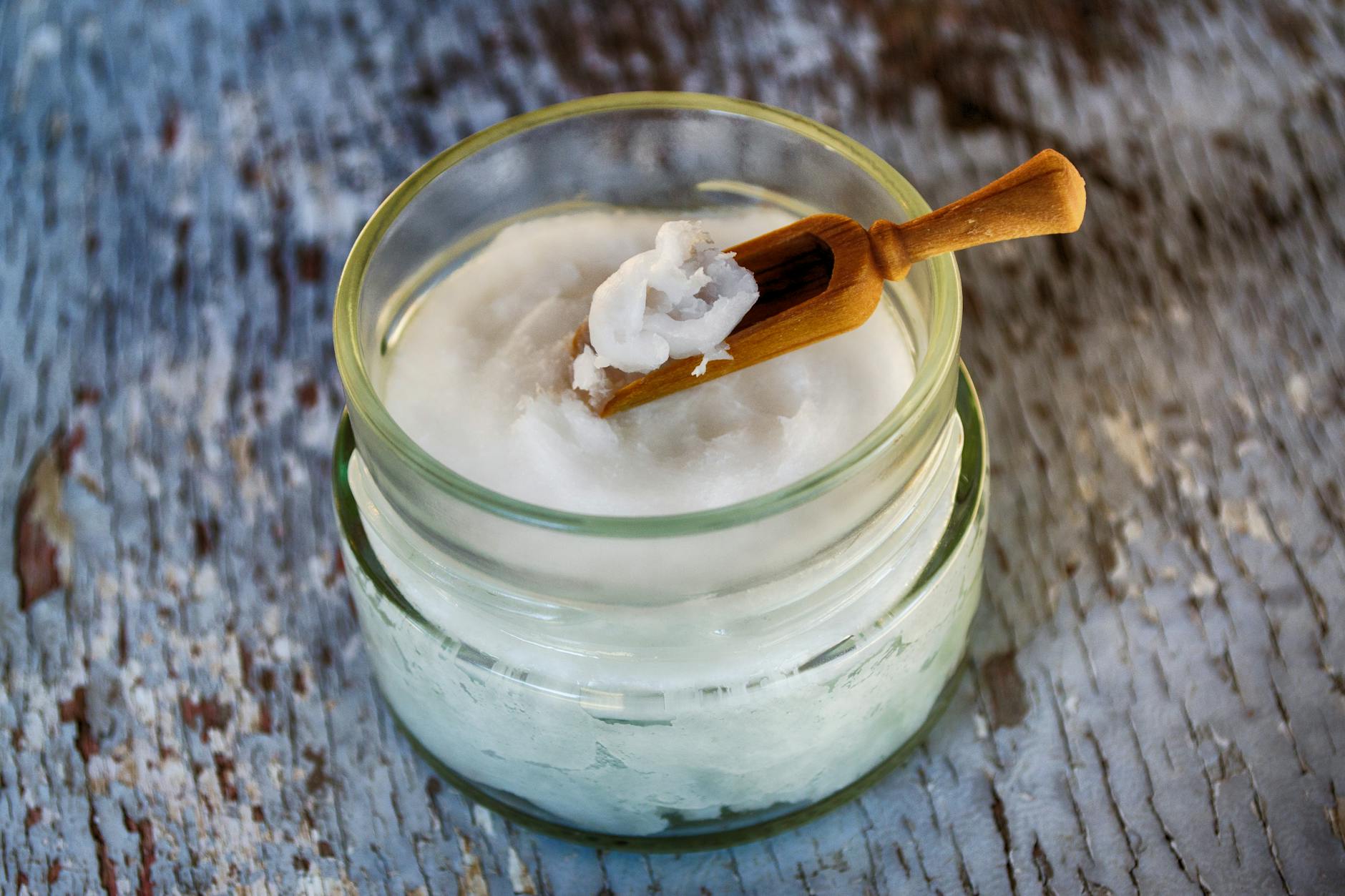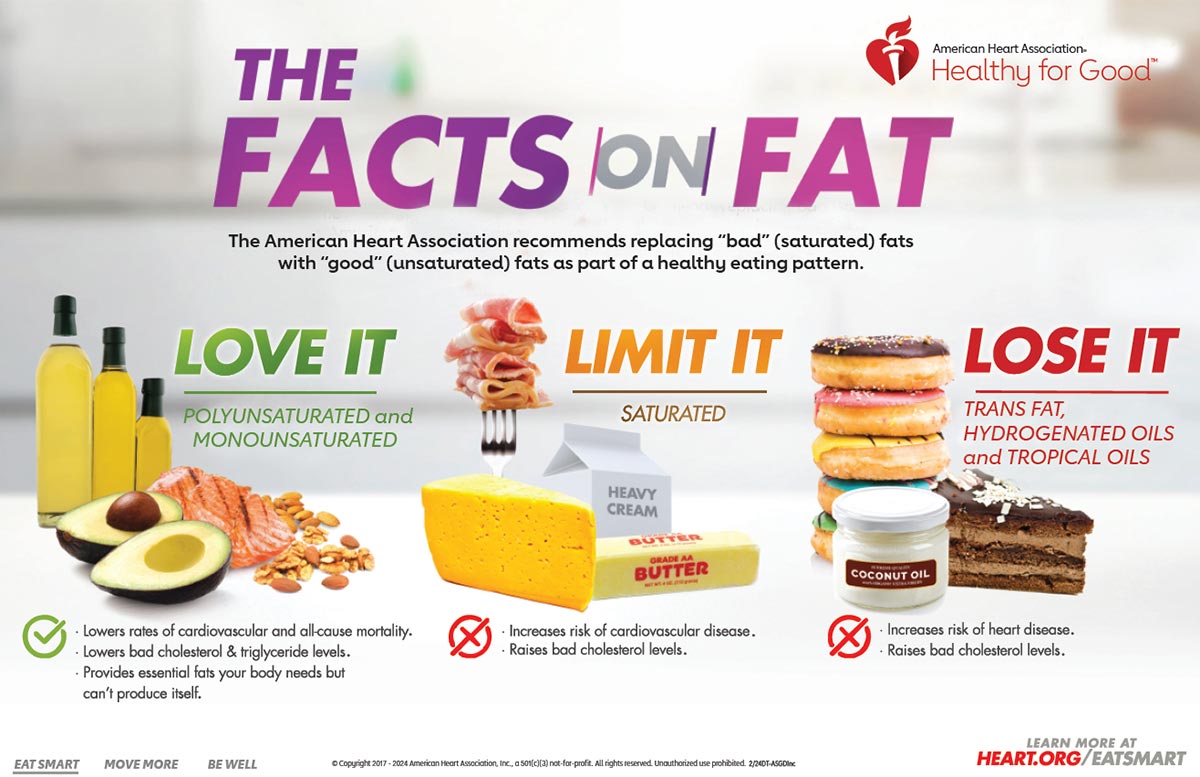
There’s a lot of buzz right now surrounding coconut oil. Both the Ketogenic and Paleo diet’s love it, it can supposedly help improve everything from epilepsy to alzheimers, but it has a darker side as well. So what’s the truth? Is coconut oil everything it’s cracked up to be, or is it just another dietary fad that will come and go the way of the grapefruit diet?
The Good
Let’s start with why so many people are so enamored with coconut oil. There’s the obvious, it smells like you’re at the beach when you cook with it, but in spite of the coconut smell, it doesn’t impart too much of that flavor to the things you cook. But the reasons why it’s so popular go deeper than a pleasant aroma and ability to take advantage of it’s non-stick cooking properties, let’s take a look:
- Coconut oil is claimed to be high in healthy saturated fats. Coconut Oil contains a high amount of medium chain triglycerides (MCT). MCT, unlike long chain triglycerides, are a healthy triglyceride (by the way, triglyceride is just a fancy word for “fat”). MCT’s are harder for the body to convert into stored fat because your liver is able to quickly process it into quick energy, or turn it into ketones. MCT’s may also help with weight loss, containing fewer calories than their longer chain cousins, they also help you feel full, and may promote fat burning due to how your body uses them. A quick note, long chain triglycerides are the bad ones that your doctor is worried about. LCT’s raise your total cholesterol, and low-density lipids (LDLs). High cholesterol can lead to the build up of fatty deposits in your blood vessels, leading to heart disease.
- Boosts fat burning. As we discussed in the first point, coconut oil – or more specifically, MCT’s can promote fat burning. Studies have shown that 15 to 30g of MCT’s can increase 24-hour energy expenditure by 5% per day. It’s only 5%, but it adds up!
- Coconut oil can provide a source of quick energy. Also attributable to the MCT’s, because they’re processed quickly and efficiently by the liver, MCT’s can provide a quick energy boost.
- Raise HDL Cholesterol. Coconut oil has been linked with raising your high-density lipoprotein cholesterol (HDL cholesterol), which essentially vacuums up your low density lipoprotein cholesterol (the bad stuff linked to heart disease we talked about in point one) returning it to your liver where it is broken down and removed from the body.
The Bad

Nutrition experts aren’t all in agreement that Coconut oil is healthy. In fact, in a 2016 study by the New York Times, only 37% agreed that it’s a healthy fat. and a professor from the University of Freiburg – Karin Michels even refers to it as “pure poison” because of her views on it’s saturated fat content and threat to cardiovascular health.
So why the disparity – on one hand, we hear that it’s a wonder oil, and another that it’s “pure poison”? Well, a lot of the claims of coconut oil refer to a specially constructed oil made from 100% MCT’s. Most commercially available coconut oil is comprised of around 50% Lauric acid with myristic and palmitic acids present in smaller amounts – both of the later have been shown to raise the bad LDL cholesterol. Even though the claim is that coconut oil is high in “healthy” saturated fats (80% in fact), because there’s not a lot of long term evidence surrounding its use, health organizations tend to discourage it, and the American Heart Association says it’s better on your skin that in your diet.

The Ugly
There’s a lot of mixed information online, but it seems that the experts agree that coconut oil is not the best choice out there for your health. Their concerns conflict with the supposed benefits, but since the benefits seem to center around the MCT’s in coconut oil, and some studies seem to use a biased coconut oil (if you can even have a biased oil?), I think I’ll side with the experts on this one. I’m a “play it safe” kinda guy, so for me, I’ll be removing it from my diet, opting to use extra virgin olive oil instead.
If you’re interested in the health benefits, maybe consider an MCT oil supplement instead? If you choose to, I’d look for a 100% MCT oil option that doesn’t contain any of the myristic or palmitic acids found in coconut oil.
Know someone who might like this article? Please share it with them, or via your social media network, it helps the blog out, and you never know who you might be responsible for motivating to live a healthier lifestyle!
Resources:
MCT Oil 101 – A Review of Medium-Chain Triglycerides
Coconut Oil